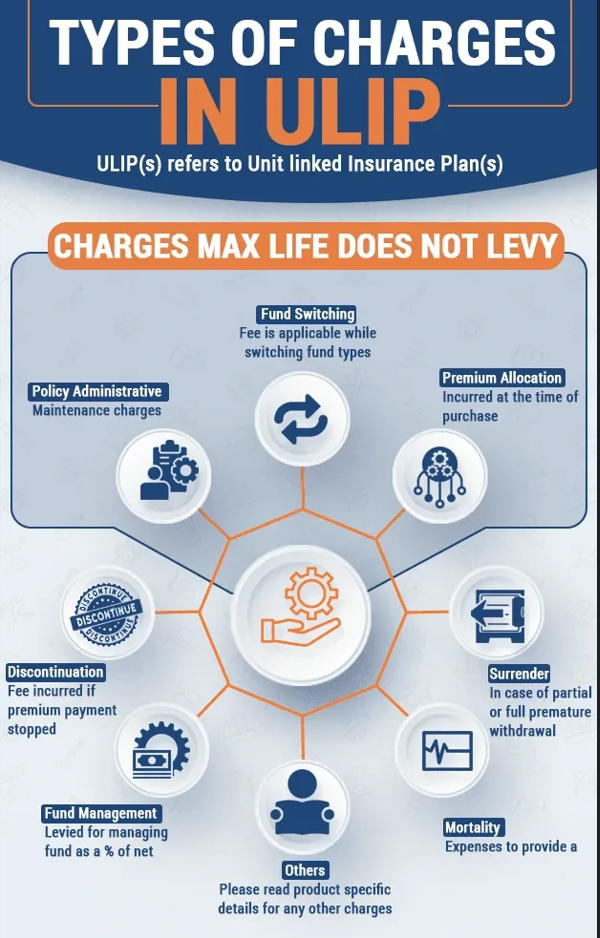by Mr. Sanjay Chugh, JLL India.
Housing in Chennai was traditionally
limited to independent houses. However, in the early 1970s certain residential
areas like Egmore, Kilpauk and Nandanam saw the arrival of a new concept of
residential housing – apartment buildings.
Since then, the Chennai city’s
housing sector has evolved and moved from independent houses and apartments to
gated communities and integrated townships.
In fact, township living has become
a very desirable concept in the Chennai of today.
Township living is community
living within a larger, better-utilized land area, with amenities and
facilities that make it self-contained or self-sufficient.
As land within a metropolitan city
becomes scarce and expensive, residential developers with the financial
wherewithal to launch townships scout for large land parcels on the suburban
areas of the city where the cost of land is much cheaper than in the city
interiors.
Once such a land parcel is
identified, a developer will get an architect and often urban planning experts
to design an integrated township to be built on it.
An integrated township project could
comprise of residential plots, row houses, villas as well as low-rise and high
rise apartments. However, it does not end with developing residential spaces.
To attract home buyers to invest and live in these projects, it is imperative
that physical and social infrastructure is also in place.
The physical infrastructure of an
integrated township is partly developed partly by the developer (who will
provide internal roads, lighting, open spaces, landscaping, etc.) and partly by
the government (which will provide externally connecting roads, water and
electricity supply, sewerage connections, etc.)
Social infrastructure like schools
and colleges, hospitals, malls and other shopping areas, clubs and cine plexes
play also heavily influences homebuyers’ decisions.
Likewise, proximity to office hubs
is important, because buyers who are willing to invest extra to live in a
township will expect this convenience.
Township developers who wish to see
their projects succeed must ensure that they get all these variables right –
both in terms of the location of their projects and in providing shopping,
healthcare, schools and high-grade office buildings which will attract
corporate occupiers.
 |
| Sanjay Chugh, JLL India |
To provide the expected lifestyle
embellishments to their buyers, township developers will also include
recreational areas like club house, gymnasiums, swimming pool, game rooms and
utility areas like convenience stores, ATMs, laundry, party halls and coffee
shops.
The inherent advantages of moving
into a residential township are:
· More housing choices in a large-scale development
· Better infrastructure
· Professional asset management
· Cosmopolitan living environment
· Higher investment value
The last factor is an important
consideration for those who view their properties as performing assets. Chennai
attracts a sizable migrant population in sectors like IT / ITES from other
metropolitan cities of India. The trend among those seeking rental
accommodations in residential townships as opposed to stand-alone residential
buildings is seeing a quantum leap.
The main reasons for this are the
additional safety, convenience and lifestyle factor offered by large-scale
community living. From the owner’s perspective, the asset is professionally
managed and maintained, thereby attracting better rental yield and capital
appreciation.
Although the capital values or price
points of township projects may be marginally higher than in standalone
residential projects, the amenities and lifestyle conveniences offered more
than make up for the incremental cost.
Locations in Chennai which are
rapidly developing as township catchments are the OMR and surroundings in the
South, Anna Nagar in the West, and Perambur in North Chennai.
The success of the township living
concept in Chennai has attracted leading national developers like Embassy,
Hiranandani, DLF, Prestige, Godrej, Tata Housing, Olympia, Puravankara, Ozone
etc. to develop township projects on the peripheries of the city.
These
projects are being developed in a phased manner, keeping pace with the changing
dynamics of home buyers' preference in terms of of sizes and specifications.
About the author..
Mr.
Sanjay Chugh is Head (Residential Services - Chennai) at JLL India































